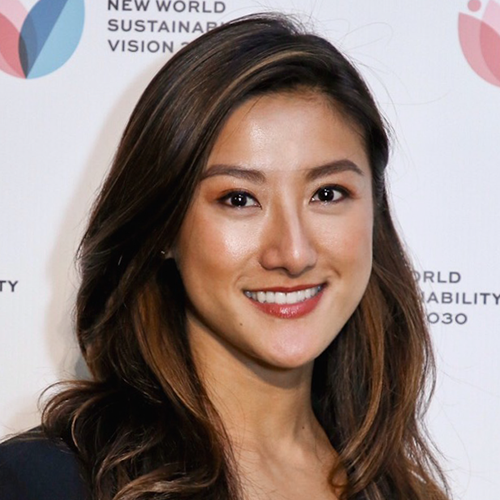Has Pakorn Peetathawatchai found a workaround for the much-hyped Asean Trading Link, which was quietly abandoned two years ago? The president of the Stock Exchange of Thailand (SET) believes he has figured out a way forward. His approach also suggests his vision of what the stock exchanges of the future may eventually look like.
Rather than going for glory in the way Charles Li, chief executive of the Hong Kong Stock Exchange, attempted in the recent ill-timed, failed bid for the London Stock Exchange, Pakorn is pursuing a partnership model among exchanges. Since the start of the year, SET has signed memorandums of understanding with counterparts in Shenzhen and Cambodia.
In December 2018, SET listed its first depositary receipt (DR) for an exchange traded fund tracking the top 30 stocks listed on the Ho Chi Minh Stock Exchange. “Liquidity in both markets is going up. The trading volume has increased by 110% and more than half of that comes from Thailand,” he adds.
Underlying his strategy is encouraging the cross-listing of financial products among ASEAN exchanges. For Pakorn, cross-listing is by far a simpler and more convenient way for investors and intermediaries.
While insisting that the idea of the Asean trading link was a good one, he laments that there were not enough participants. Only Thailand, Malaysia and Singapore were involved. “If we had Indonesia, Philippines and Vietnam in that network, the outcome would have been totally different.”
At the time, the technology behind the linkage was not straightforward. “It was quite troublesome. You need to have direct connectivity and you will need to deploy a lot [of resources],” he points out. “It was also quite expensive. To have all the brokers on this network, the technology must be similar to get the connectivity right.”
Today, he says all that is not needed. “We can go online, and we encourage the cross-listing of products, which is far more efficient. The way we connect with Vietnam is a good example. We started with the cross-listing of the ETF. The liquidity goes through this network. Why not offer Thai products in Vietnam and Vietnam products in Thailand? We can connect the Thai market to Laos, Myanmar, Vietnam, Philippines and Indonesia by trading products through cross-listings.”
In the future, he believes that financial products outside the region can also be cross-listed into Asean exchanges. “Liquidity will run through these markets to the intermediaries. [For example], anyone who issues a Thai product in Vietnam will do the transaction in the local market to hedge that exposure and vice versa. That creates the liquidity without having to have the physical linkage.”
Recent discussions on digital assets and exchanges adds another dimension as a variety of products can also be offered in different sizes. “Investments become cross-border and it can also become multi-asset,” says Pakorn. Especially for the smaller exchanges, Pakorn believes digital exchanges, where assets are tokenized, are the easiest way to connect globally and offer more asset classes.
SET’s prototype LiVE, a blockchain crowdfunding platform, was launched over a year ago.
“Liquidity is not that much, and we do not have enough cases. However, we are preparing the whole ecosystem including organization, trading and clearing, customer acquisition and custody so that we will be ready if we want to add more players and more products. We are conducting workshops with the stakeholders,” explains Pakorn.
Indeed, Pakorn sees two competing business models today: the concept of the global exchange and the concept of connected exchanges. “No one knows which will become the dominant model,” he notes. However, he is betting on the latter. “With connectivity becoming much easier, a global exchange no longer has to be in just one venue but [can be] all over the world. Exchanges can be like nodes – some bigger, some smaller. It is only a matter of regulation, which if this is allowed, could become an interesting model.”
So far, with only one DR listing of a Vietnam ETF, Pakorn admits he has little to show. “We need to work harder for foreign listings.” However, he thinks Thailand’s advantage is that it hosts world-class companies in industries such as hospitality, logistics, and healthcare. “We want to be the funding venue for firms in these industries. We want to become the regional node for the exchanges in Asean.”





.jpg)
.jpg)


